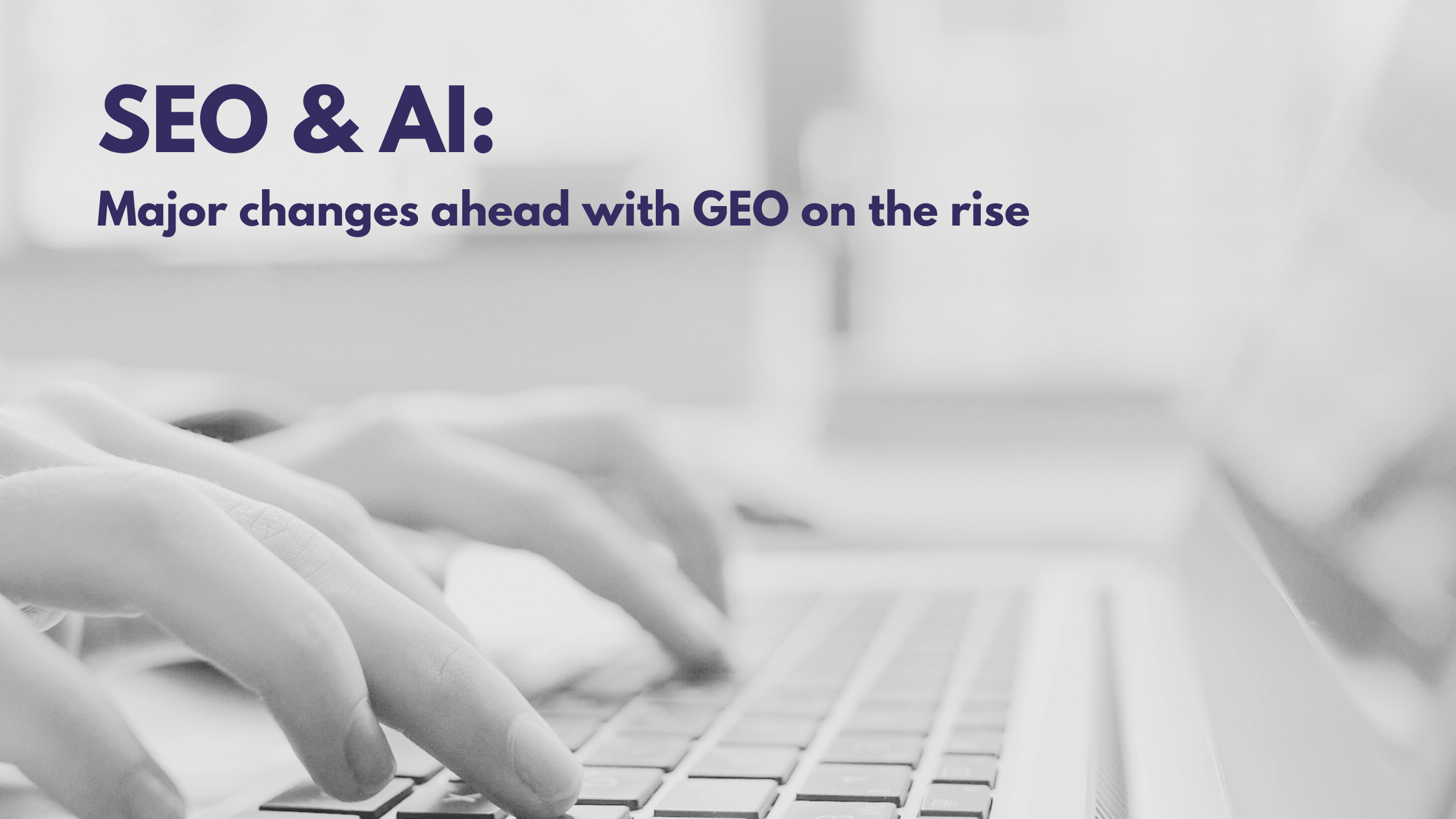By Marianne Zabel, Founder of StoryHeart Media, LLC
Less than a year after its launch, ChatGPT reported over 100 million weekly users, according to OpenAI’s CEO, Sam Altman. Our latest research shows 127 million monthly visitors to ChatGPT as of May 2024. Meanwhile, the tool’s popularity triggered what the New York Times called a “code red” for Google’s search business, with significant changes rippling through the SEO industry. SEO and AI are interrelated topics, but their complicated relationship is evolving into new tech.
As the founder of StoryHeart Media, I understand these concerns deeply. The world of SEO has shifted dramatically with AI’s influence, and it’s vital for marketers to stay ahead. In this article, I’ll break down key trends in SEO and explain how Generative Engine Optimization (GEO) is changing the game.

Understanding SEO and Artificial Intelligence
The intersection of SEO and AI is reshaping how people navigate the web. Every day, billions of users rely on search engines to find information, often landing on pages filled with stories, videos, and insights. What many don’t realize is that AI powers much of what happens behind the scenes.
Google’s algorithms use machine learning and natural language processing to determine what content to display. With the introduction of Google’s Search Generative Experience (SGE), these AI tools are more visible than ever. For instance, Google now provides direct answers to user questions at the top of search engine results pages (SERPs), often removing the need for users to click further.
For businesses, this change highlights a major challenge: How do you maintain visibility when users are no longer clicking through to websites? This is where GEO (Generative Engine Optimization) comes into play.
SEO and AI Together: What Is GEO?
GEO stands for Generative Engine Optimization, a term that reflects the evolution of SEO in an AI-driven world. Traditional SEO focuses on optimizing content to rank high on search results pages. GEO, on the other hand, ensures your content is recognized and represented accurately in AI-generated responses.
Here’s why this matters: When users ask AI tools like ChatGPT or Google’s SGE a question, the tools don’t just provide links—they synthesize information from multiple sources into a single response. If your content isn’t optimized for these generative engines, you risk being left out of the conversation entirely.
GEO involves creating authoritative, well-structured content with clear citations and engaging narratives. It’s not just about ranking anymore—it’s about ensuring your voice is part of the AI’s output.
The Rise of AI-Generated Content
AI tools like ChatGPT and HubSpot’s Free AI Blog Writer have revolutionized content creation. While they can quickly draft material, the quality of AI-generated content often depends on human oversight. At StoryHeart Media, we use AI as a tool, not a replacement. Drafts created by AI are reviewed and refined by our team to ensure they meet high standards.
This approach aligns perfectly with GEO. AI engines prioritize content that is clear, credible, and supported by data. By combining AI’s efficiency with human creativity, we create content that resonates with both readers and algorithms.
Adapting to Google’s Quality Standards
As AI-generated content floods the internet, search engines like Google are cracking down on low-quality material. Updates like the Helpful Content Update in 2023 penalize spammy content while rewarding high-value, user-focused material. This means that GEO isn’t just helpful for AI responses—it also aligns with Google’s push for quality.
Platforms like Reddit have also become more prominent in search, with their authentic, community-driven insights influencing AI responses. For marketers, engaging with platforms like Reddit can enhance both visibility and trust.
Will AI Tools Replace Search Engines?
Google processes over 8.5 billion searches daily, far outpacing ChatGPT’s 100 million monthly visitors. While some predict Google will lose users to AI tools, the shift won’t happen overnight. However, marketers must adapt now to stay ahead of the curve.
By integrating GEO into your strategy, you can ensure your content remains visible and influential, no matter how search behavior evolves. GEO is more than a buzzword—it’s a necessary adaptation for businesses in an AI-driven world.
What Does This Mean for Marketers?
The fusion of SEO and AI is creating both challenges and opportunities. To succeed, marketers must:
- Leverage AI Tools: Use AI to streamline content creation but always involve human editors.
- Focus on GEO: Create content that’s authoritative, engaging, and optimized for generative engines.
- Monitor Trends: Stay informed about changes in both SEO and AI technologies.
At StoryHeart Media, we specialize in helping brands navigate this changing landscape. By combining traditional SEO expertise with GEO strategies, we ensure your content remains visible and impactful in an AI-driven future.
Final Thoughts
SEO and AI are colliding in ways that will reshape digital marketing for years to come. By understanding and implementing GEO, marketers can stay ahead of these changes and continue delivering value to their audiences. At StoryHeart Media, we’re here to guide you through this transformation. Let’s embrace the future together—it’s going to be a thrilling ride.


